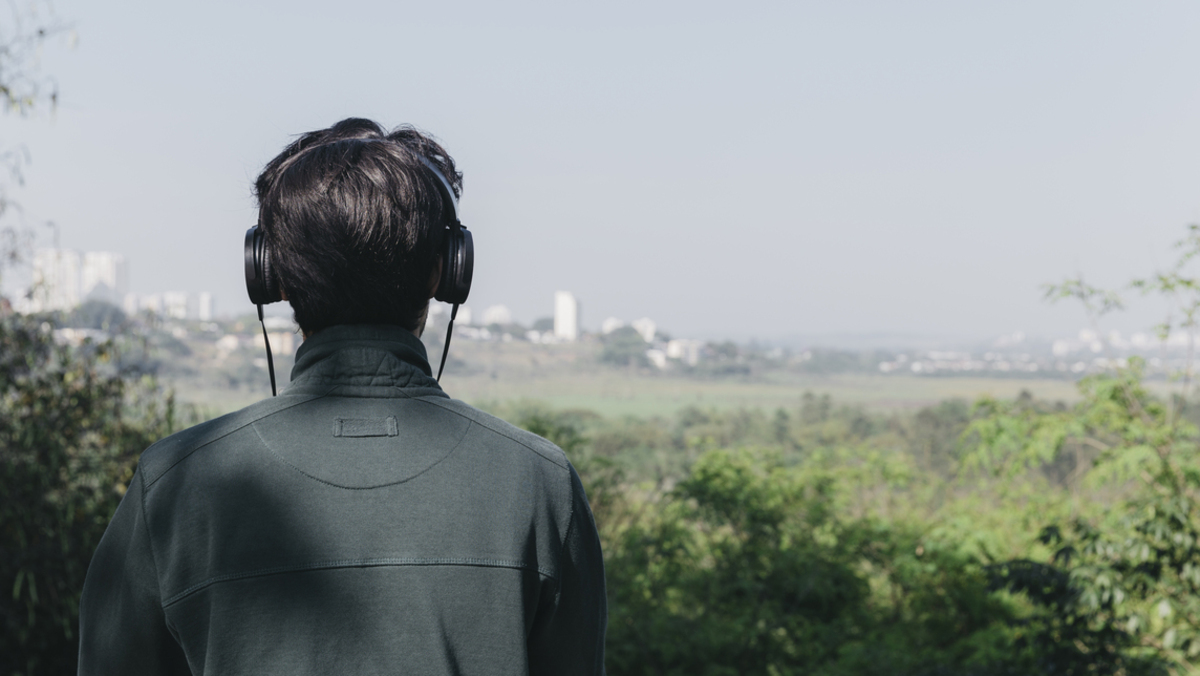Young adults on the autism spectrum are, research shows, socially isolated — 40 percent never see friends, and half don't get invited to activities or otherwise have people they know reach out to see how they're doing. Both younger and older people on the autism spectrum often encounter similar social isolation. But why is that, and can anything be done about it?

Autistic people's experiences with social isolation: What do you need to know?
It's all very well to look in from the outside, but that doesn't really help you understand how another person experiences their life. One ground-breaking study, published in 2008, investigated how a group of autistic people experienced their social worlds. They were all verbal and of average intelligence or above.
Some described daily interactions with people never quite making it beyond the point of "just knowing each other", and though quite a few people actively sought to improve their social lives, many participants had simply accepted that this was the way it was going to be from now on.
Many autistic people are profoundly lonely. We should note that solitude isn't the same as loneliness, though. While parents of an autistic child may experience heartbreak when they observe their child tinker away on their own weekend after weekend rather than hanging out with friends as others do, that child may be perfectly happy in their solitude. Though many people feel obliged to approach that one person sitting at the edge of a social event without talking to anyone, that person may not feel like socializing and making small talk at all, and may have far more interesting things going on in their minds than you could possibly offer.
Why are autistic people often socially isolated?
A lot of things can explain this phenomenon:
- Many autistic people would really like to participate in social interactions — such as cool discussions, for instance. They just aren't sure how to initiate a conversations, approach a person, or slide into an already-ongoing discussion.
- The incomprehensible ways in which neurotypical folks (people without autism) interact also pose a challenge. Things like body language, gestures, innuendo, sarcasm, facial expressions, and other subtle forms of non-verbal communication can all baffle an autistic person.
- On the other hand, people without autism can be just as puzzled by autistic folks' ways of expressing themselves. Blunt and direct communication, not understanding jokes or not finding them funny, strange body language, and no idea how to make small talk can all discourage a neurotypical person from seeking deeper interactions with someone on the spectrum.
- In addition to being socially different, many autistic pepole also experience social and other anxiety that makes it even harder to participate.
Many autistic people have an intense desire to contribute to the larger world out there and make it better in some way, however, and a lot would really like to develop deeper friendships. Those who are single might deeply hope for a romantic relationships, though many on the spectrum are also content to be single and aren't interested in romantic or sexual relationships.
What can be done to remedy social isolation?
The answer will be different for every person on the spectrum. Research shows, however, that structured social activities can help. These could include anything from the religious services the study mentioned to, I don't know, joining a historical reenactment group, playing Dungeons and Dragons, participating in a book club, or being part of a hiking club. (Yes, I'm just randomly listing activities that appeal to me. You may prefer something entirely different.) Perhaps settings in which a person's passions and skills shine are best, as any history buff will, for instance, appreciate shared knowledge and interest and perhaps become more likely to want to know more about the person.
Autism support groups can also play a role. Any autistic person looking for their "tribe" may just be more likely to find it among people who aren't so different from them.
What am I getting at? Well, a whole plane of existence relies largely on written content — the internet, of course. The internet also allows people to find those who share their interests rather easily, and it can, for many, meet a great many social needs. In fact, for some, in-depth discussion without the physical presence of bodies and other unwanted stimuli can open up a whole new world. Though some caution is warranted, face-to-face relationships and friendships can and do also develop from online communication.


Your thoughts on this